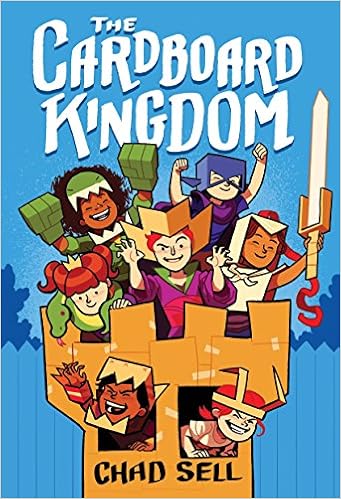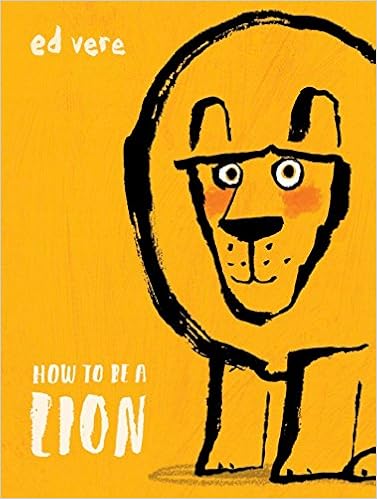The #cyberPD book this year is
Being the Change: Lessons and Strategies to Teach Social Comprehension.
I'm not going to outline the content of the introduction and the first two chapters. You need to read the book and glean your own take-aways. Here are two of mine, and a story.
#1--This is the right book at the right time for me. I wish I'd had it two years ago when racial tensions were high in my classroom. I wish I'd had it last year. I see now that those two boys aren't the ones who needed to change, it was...is...
me who needs to (who
can) change.
#2--This book makes me exceedingly grateful that I stood my ground and remained a self-contained classroom this year (and hopefully through to the end of my teaching career). Increasingly, it seems to me that classroom community is the key element in all that I do -- in the art that is my teaching.
Story--One morning several weeks ago, there was a knock at the door. AJ answered it, and stepped out onto the porch to talk with the person. I admire (and defer to) his patience in listening to and engaging with political, religious, and sales people who show up on our doorstep. I was glad he was out there and I could remain in here on the couch reading. The woman was selling some sort of educational materials, he said when he came back in.
She returned later that evening. AJ answered the knock again, but called me to come and talk to her. She had been out knocking on doors all day long. It was hot. She needed to log a certain number of interactions (sales?) each day. Learning from AJ, I offered her a bottle of water, but she was carrying her own. With a thick Eastern European accent, she launched into a description of the product she was selling. It was a text book covering every subject (or maybe a series of text books and I just saw sample pages from each subject). I listened. I saw how the history articles were condensed into just the main points students would need to know to answer the questions at the end of the chapter. I saw how the math pages had the teacher explanation below each example so that when students were working on their homework (and look -- LOTS of practice work for students -- many, many problems for each concept) both they and their parents would know how the problems should be solved. I saw that her product could serve as the be-all and end-all for homeschooling families.
I listened, but in the end I had to tell her that I don't teach from text books. I address the standards and meet the needs of my students with resources and materials that I gather on my own, or that are suggested by my district. I described my teaching as art, rather than as the science of opening a text book to the next page. She was in awe. She had never heard of this way of teaching and learning. She thought that perhaps she would have liked to have learned in a classroom like that.
I had to send her away without a sale (I hope she was able to log a conversation with a teacher, theoretically a potential buyer). I reaped all the benefits. I was left with an even deeper gratitude that I am blessed to teach in a district that does not have mandated textbooks in the elementary school. A district that respects me as a professional and trusts the ART of teaching.













